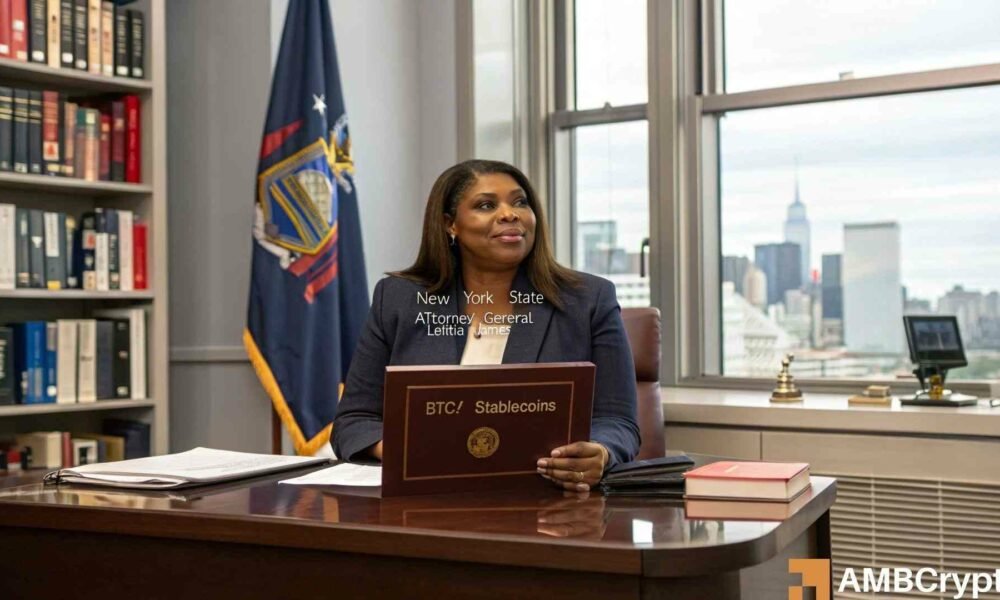New York Attorney General Letitia James recently raised concerns about Bitcoin posing a threat to the dominance of the U.S. Dollar in global transactions. In a letter to Congress, she highlighted the potential risks that widespread adoption of Bitcoin could pose to American interests, including the effectiveness of U.S. sanctions. To address these concerns, James suggested that Congress consider onshoring stablecoin issuers backed by U.S. treasury bills and cash equivalents to ensure better supervision under federal laws. She emphasized the importance of preventing stablecoin issuers from falsifying financial records and exposing the U.S. treasury market and banking system to contagion risks.
Despite these warnings, some market analysts and business leaders believe that Bitcoin’s dominance over the U.S. Dollar is inevitable. BlackRock’s CEO Larry Fink expressed concerns about America potentially losing its position as the global reserve currency to digital assets like Bitcoin if the country fails to control its debt and deficits. The ongoing tariff wars have also been pointed out as a factor that could strengthen Bitcoin’s position against the U.S. Dollar in the future. Jeff Park, head of Bitwise Alpha Strategies, believes that Bitcoin has a higher chance of surviving over the dollar, especially in light of the renewed tariff wars.
On the other hand, the push for U.S. domiciled stablecoins has been seen as a positive development for certain products like RLUSD. Stablecoins are backed 1:1 to reserve assets like the U.S. Dollar or gold, providing stability to the cryptocurrency market. Tether’s USDT, for example, is the largest stablecoin by market cap and the seventh-largest buyer of U.S. treasury bills as of 2024. With the stablecoin market expected to grow significantly in the coming years, from $230 billion to $2.8 trillion by 2028, these assets could actually help strengthen the global dominance of the U.S. Dollar.
In response to the growing importance of stablecoins, the U.S. House of Representatives and Senate have advanced two stablecoin bills from their respective committees to provide regulatory clarity to the sector. These bills aim to address the concerns raised by Attorney General Letitia James and ensure that stablecoin issuers are subject to proper supervision and oversight. By implementing regulations that promote transparency and stability in the stablecoin market, policymakers hope to mitigate any potential threats to the U.S. Dollar’s dominance posed by cryptocurrencies like Bitcoin.
In conclusion, the debate surrounding the impact of Bitcoin on the U.S. Dollar’s dominance continues to evolve, with some viewing the cryptocurrency as a potential threat while others see it as an inevitable force. As the cryptocurrency market expands and stablecoins play a more significant role in global transactions, regulators and lawmakers are taking steps to establish a regulatory framework that ensures the stability and security of these digital assets. While the future relationship between Bitcoin and the U.S. Dollar remains uncertain, it is clear that both sides are actively working to address the challenges and opportunities presented by the rise of cryptocurrencies.

















